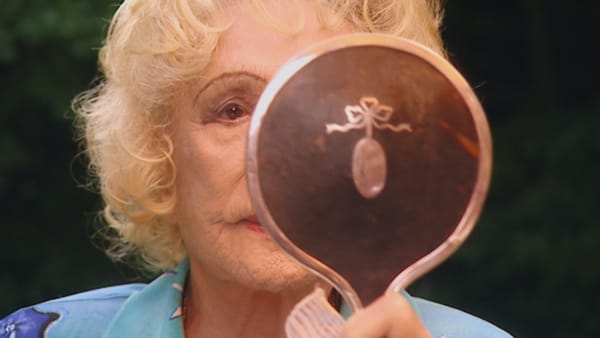
Film
Clarion Calls to Civic Justice at the Venice International Film Festival
Directors Andres Veiel, Petra Costa, and Errol Morris to engage with the contemporary politics of Germany, the United States, and Brazil.

Film
Directors Andres Veiel, Petra Costa, and Errol Morris to engage with the contemporary politics of Germany, the United States, and Brazil.
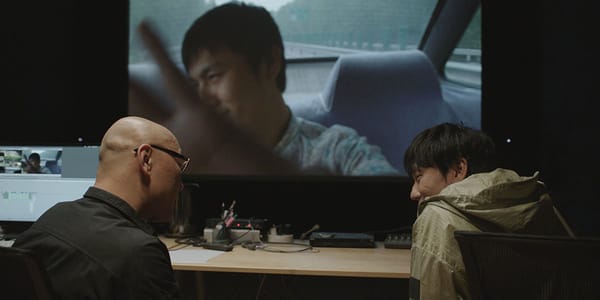
Film
Director Lou Ye follows a film crew in Wuhan who decides to revive a project abandoned 10 years prior, only to be placed under lockdown during shooting.
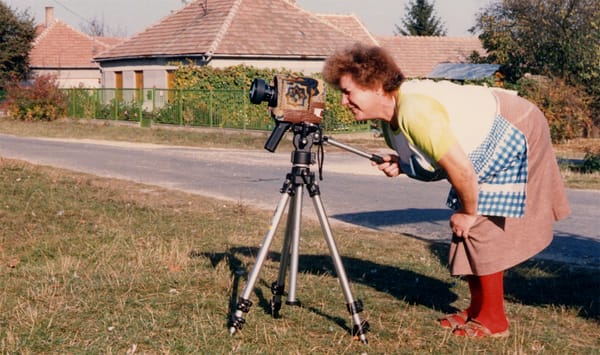
Film
In the late 1980s and '90s, a wave of independent directors turned cameras on themselves, utilizing documentary as a mode of confession and self-reflection.

Film
Implicit throughout Sorry/Not Sorry is the question of what it means for a White cis-het man to be “canceled,” and how claiming cancellation is often a route to reclaiming power.
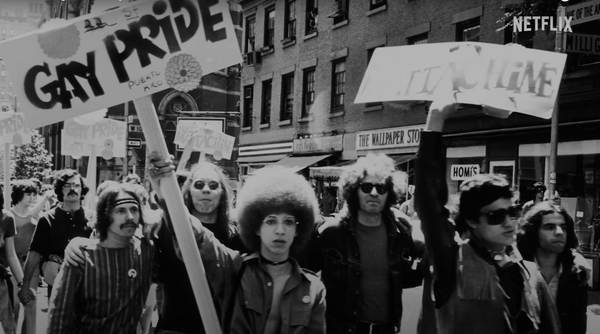
Film
Outstanding: A Comedy Revolution drives home who is worth paying attention to if you want comedy to lighten your load, and your fellow humans'.
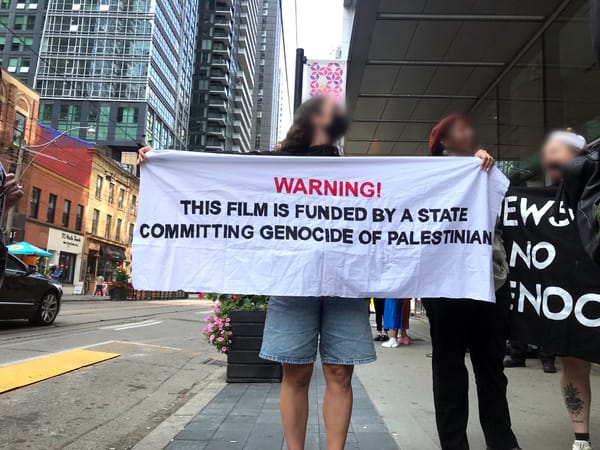
Film
Anti-Zionist protesters called out the film Bliss (Hemda), one of the centerpieces of TIFF this year, for its ties to the Israeli government.

Film
Emergent City returns to the old-school “fly-on-the-wall” method of filmmaking to capture democracy in practice in Sunset Park, Brooklyn.
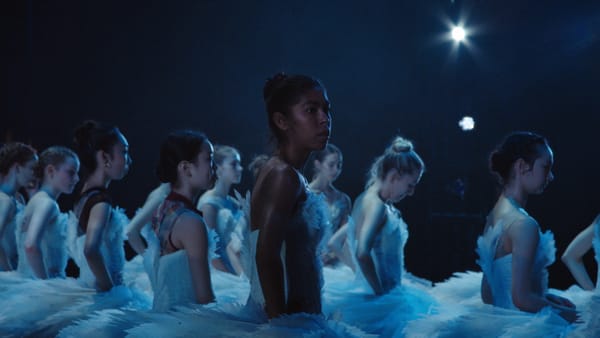
Film
The dancers we grow to know (and love) in Swan Song are sweating, swearing, soaring women, at odds with conceptions of purity and frailness.
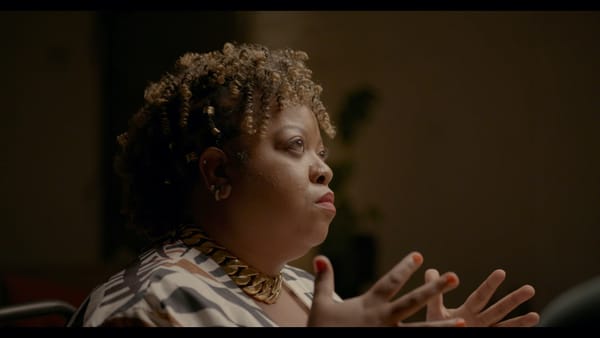
Film
Uninterested in proving anything definitively, this film instead asserts the complicated humanity of psychic healers, their clients, and the practice itself.

Books
The first major biography of the film director, screenwriter, artist, and photographer is scrupulous and affectionate.
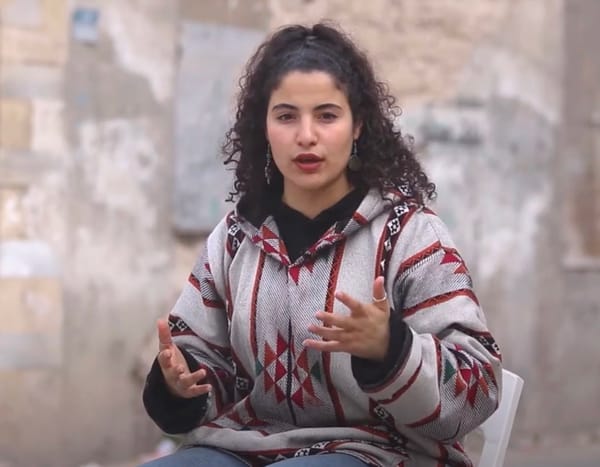
Film
Bisan Owda's eight-minute film tells the story of the Israeli attack on the Al-Shifa Hospital, where she and thousands of others were sheltering.
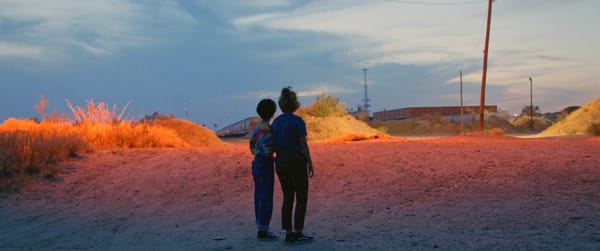
Film
The coming-of-age documentary is as full of whimsy and joy as it is packed with clear-eyed resilience.